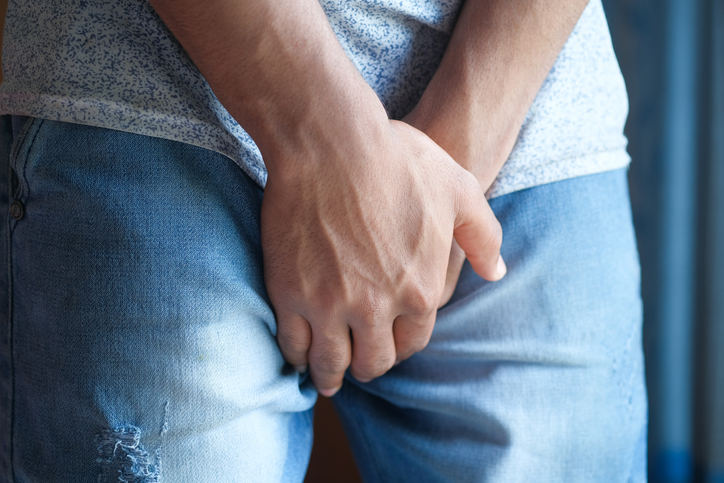Common Incontinence Terms
Posted by Paige Wooding on Aug 22nd 2024
 Incontinence is a widespread condition affecting millions globally. It involves the involuntary loss of urine or feces, often leading to discomfort and embarrassment. Grasping the common incontinence terms and terminology related to incontinence is vital for effective management and support.
Incontinence is a widespread condition affecting millions globally. It involves the involuntary loss of urine or feces, often leading to discomfort and embarrassment. Grasping the common incontinence terms and terminology related to incontinence is vital for effective management and support.
What is Incontinence?
Incontinence, commonly seen in the elderly and individuals with certain medical conditions, refers to the involuntary loss of bladder or bowel control. This results in unintentional leakage of urine or feces. Understanding the definition of incontinence, causes, and types of incontinence is essential for those affected and their caregivers.
Causes of incontinence range from weakened pelvic floor muscles and nerve damage to medical conditions, medications, and lifestyle factors. Age-related changes, such as hormonal shifts and reduced bladder capacity, also play a role.
There are several types of incontinence, each with unique characteristics and causes.
- Stress incontinence happens when pressure on the bladder, like coughing or sneezing, leads to urine leakage.
- Urge incontinence is marked by a sudden, strong urge to urinate, often resulting in not reaching the bathroom in time.
- Overflow incontinence, where the bladder doesn't empty properly and overflows.
- Functional incontinence, which arises from physical or cognitive impairments making it difficult to reach the bathroom.
- Mixed incontinence, which combines elements of different types.
Common Incontinence Terms
Once you are familiar with the incontinence terms below, it may help conversations with your doctor progress more easily. Here is a list of common terms related to incontinence that you might hear when talking with your healthcare provider:
- Anticholinergic agents: These are drugs that can cause or contribute to incontinence by inducing constipation. This can result in impaction of (compacted) stool, with chronic retention of urine.
- Briefs: These are adult diapers that can help contain any incontinent episodes.
- Bladder retraining: Bladder training is a carefully-developed schedule that teaches the body to restore a normal pattern of voiding. With bladder training, bathroom trips are scheduled close together at first, stretching to longer and longer periods to achieve the desired time intervals between voiding.
- Booster pads: These can also be used inside of a brief or pull-up, as extra absorbency.
- Continence: Continence refers to the ability to exercise voluntary control over the urge to urinate until an appropriate time and place can be found.
- Diuretic: An agent that promotes the excretion of urine.
- Enuresis: The involuntary loss of urine during sleep.
- Gastroenterologist: A physician who specializes in problems of the intestinal system.
- Geriatrician: A physician who specializes in diagnosing and treating the health disorders of older people.
- Mattress Cover: Unlike a sheet, these are waterproof protectors, ensuring the mattress stays dry during episodes.
- Nocturia: Excessive urination at night, or awakening at night by the need to void.
- Pads: These are panty liner style underwear protection for small urine leaks.
- Pull-Ups: Pull-ups are underwear style adult diapers, that don't have pull tabs so need to be "pulled-up".
- Sphincter: A ring-like band of muscle fibers that closes a natural opening. Tightening the urethral sphincter controls the urge to urinate.
- Underpads: These are absorbent, disposable pads that can sit under you during changes or as an extra layer of protection between you and your chair.
- Urgency: An intense need or desire to void immediately.
- Void, Voiding: Urine or urination; excretion/defecation. Another word for emptying the bladder or bowel.
At MyCare Supplies, we offer a range of products to assist in managing incontinence and promoting bladder health. Our high-quality incontinence supplies, including adult diapers, protective underwear, and bladder control pads, are designed for comfort and protection. Incorporating these products into your daily routine can help manage incontinence while maintaining an active, fulfilling lifestyle.

